electrical inspection
Electrical Inspection Services: Ensuring Your Safety and Compliance
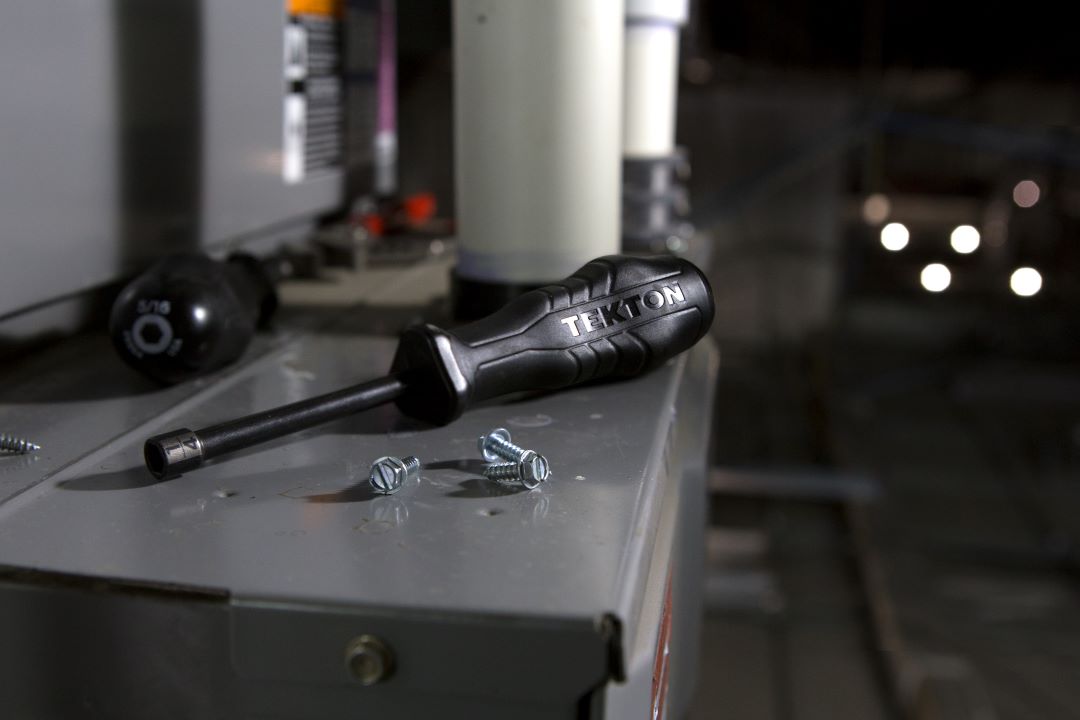
Our electrical inspection services prioritize your safety and compliance by examining key components like electrical panels, electrical boxes, and wiring.
An experienced electrical inspector will carefully assess the installation of arc fault circuit interrupters, isolated ground receptacles, and dedicated circuits.
Whether you are a homeowner or a business owner, our certified electricians and inspectors ensure all electrical systems meet national safety standards, reducing the risk of hazards and improving overall functionality.
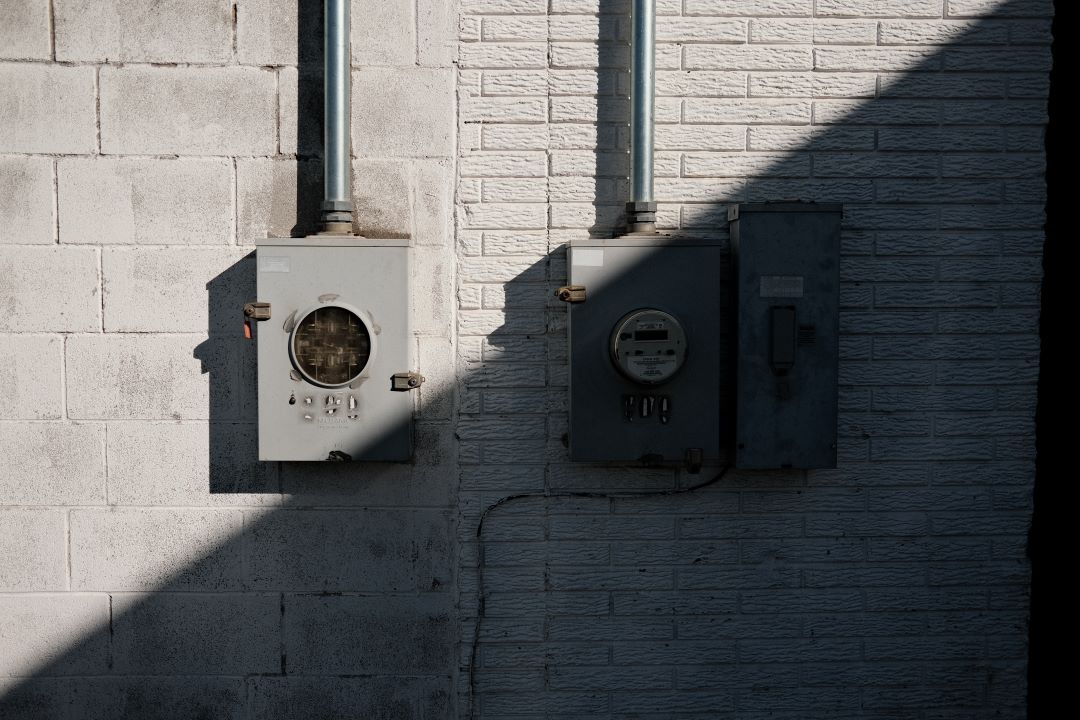
Why regular electrical inspections are necessary?
Regular electrical inspections are necessary because they help to detect potential electrical failures, electric trip and malfunctions which can pose serious risks to both individuals and properties, making regular inspections essential for maintaining a safe environment.
What is the importance of electrical inspection? In this document, we will discuss the importance of comprehensive electrical inspection services in ensuring your safety and compliance.
Electrical systems are complex and can deteriorate over time due to various factors such as age, wear and tear, and environmental conditions. As a result, regular electrical inspections are necessary because they identify any potential hazards or issues before they escalate into major problems.
In addition, electrical systems are subject to strict regulations and codes set by local authorities. Compliance with these regulations is crucial not only for ensuring safety but also to avoid penalties and legal consequences.
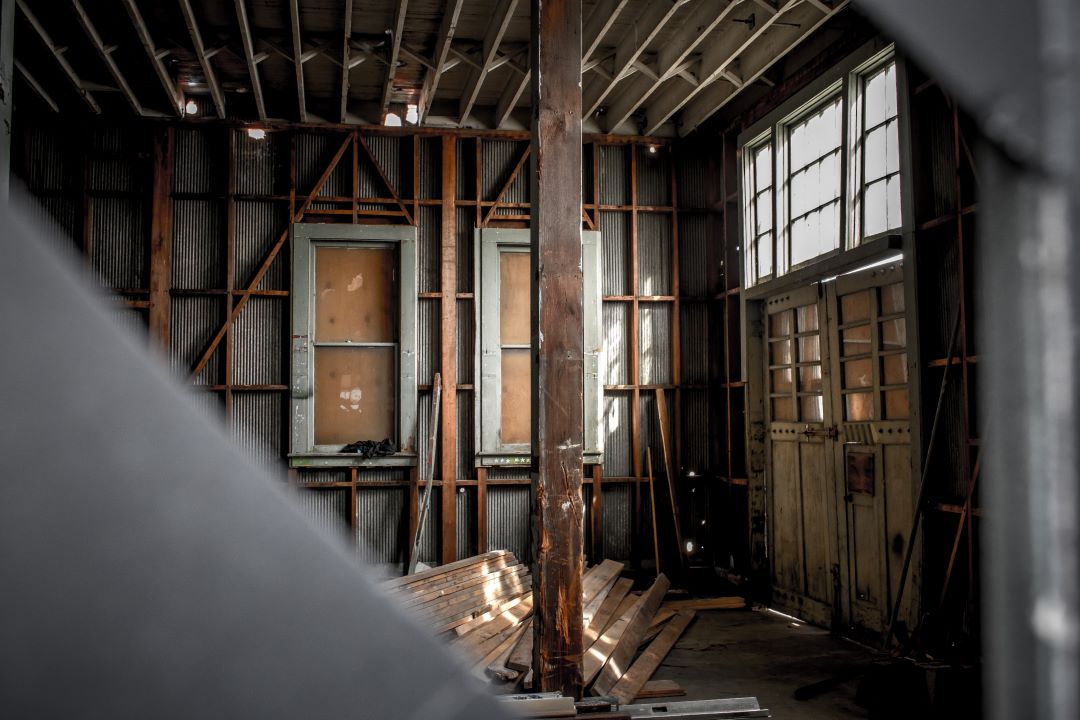
When do you need an electrical inspection Singapore?
You need an electrical inspection Singapore when you're moving into a new home, experiencing consistent power failures, or suspect issues with electrical equipment.
During such inspections, a professional electrician will thoroughly assess your home's wiring, ensuring all circuits and appliances are in safe working order.
The inspection takes place with a focus on identifying any fire hazards, such as exposed wires or bad wiring, which could lead to dangerous situations.
New installation inspections are particularly crucial as they verify that all newly installed circuits are code compliant and securely fastened to prevent future problems.
The electrical box and services panel will be checked for appropriate circuit number and box heights, making sure they meet local building permits and codes.

Particular attention is given to dedicated circuits for major appliances, ensuring they have GFCI protection and an isolated ground receptacle where necessary.
An electrician will look in-depth at the existing wiring behind wall studs, including ground wire connections and surge protection measures.
It's common to inspect GFCI protected outlets, especially in areas near water, to confirm they are functioning correctly.
The most common types of issues uncovered, such as general inspection or immediate repairs needed, will be addressed promptly to maintain safety and compliance.
Additionally, they check that common household items like holiday lights and other high-use circuits are properly installed and inspected regularly.
For new homes, in particular, having a licensed electrician conduct a thorough inspection can prevent future surprises, ensuring that all electrical work, including dedicated circuits for high-demand appliances, has been done to the highest standards.
Qualified electricians ensure all electrical equipment and newly installed systems meet the required standards and are safe for use, giving homeowners peace of mind and protecting their investment.
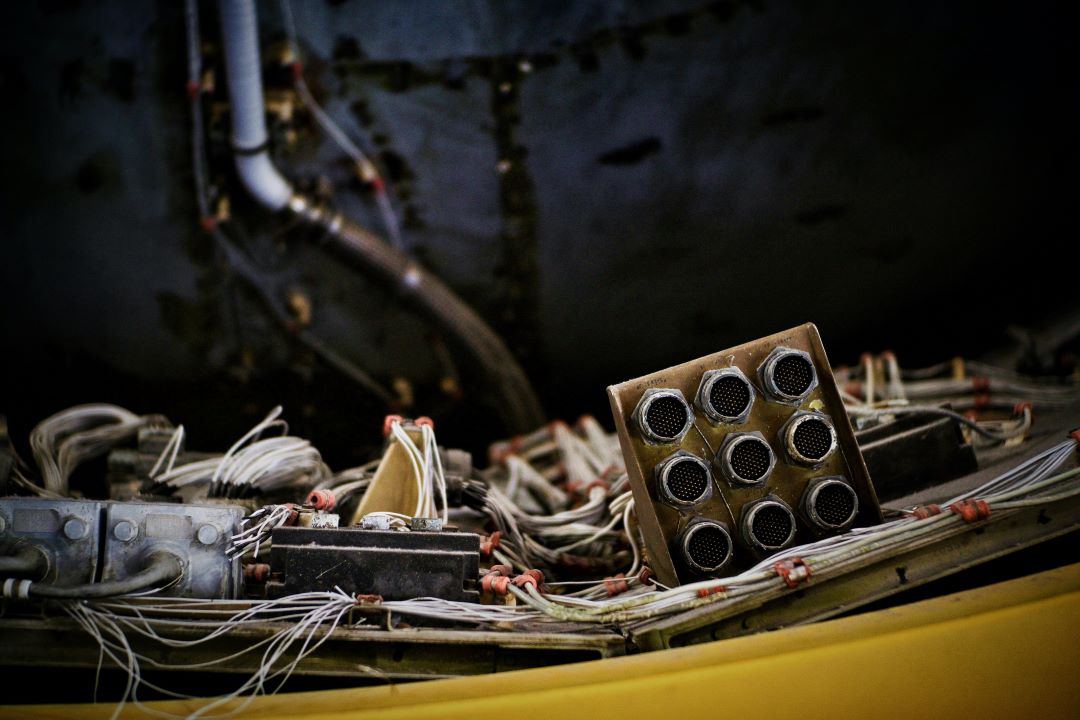
What are the types of electrical inspections?
The types of electrical inspections include pre-installation electrical inspection, routine electrical inspection, periodic electrical inspection, compliance electrical inspection and post-installation electrical inspection.
- Pre-installation Electrical Inspection: This type of inspection is carried out before any electrical installation to ensure that all necessary requirements and regulations are met.
- Routine Electrical Inspection: As the name suggests, this inspection is regularly performed to check on the overall condition of electrical systems and identify any potential hazards.
- Periodic Electrical Inspection: This inspection is conducted to ensure that all electrical installations and equipment are well-maintained and functioning properly. It is usually required every few years, depending on the type of building and its usage.
- Compliance Electrical Inspection: This inspection is carried out to ensure that all electrical systems and installations comply with local codes, regulations, and safety standards.
- Post-installation Electrical Inspection: Installation inspections are conducted after an electrical installation to ensure that everything has been properly installed and meets the required standards.
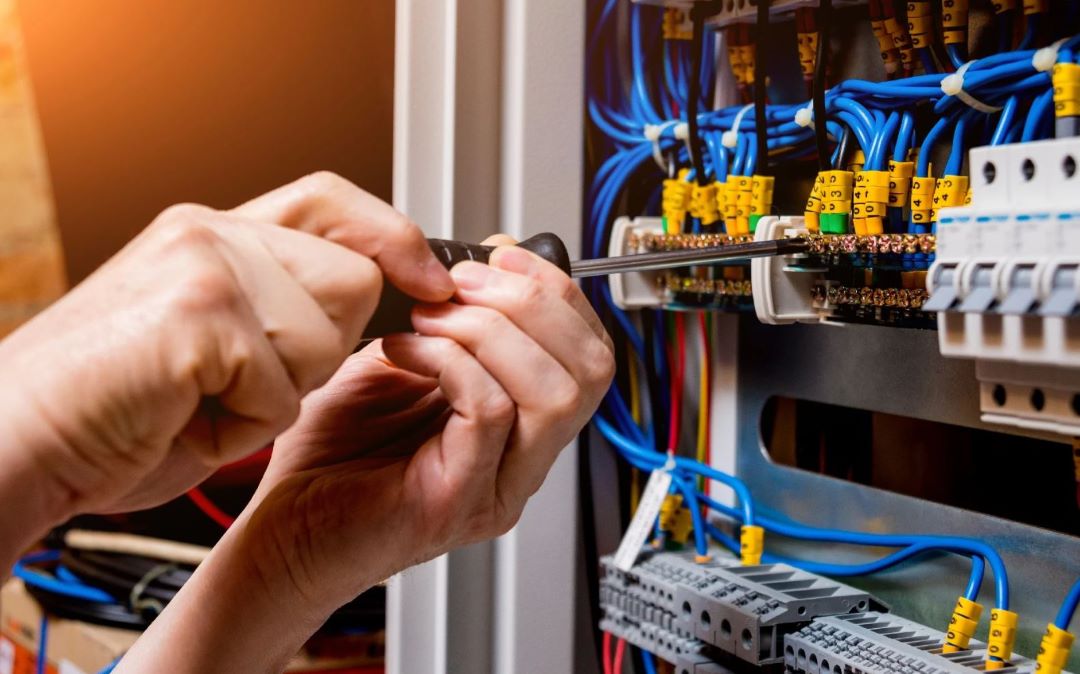
Home Electrical Inspection: Everything You Need To Know For Your Home's Electrical System
An electrical home inspection is a thorough review of your home's entire electrical system and electrical panel.
Conducted by qualified electrical inspectors, a home electrical inspection ensures that all power socket/ power point socket, electrical wires, wire conductors, circuit breakers, and wire gauge components meet legal safety standards.
When purchasing a new home, before undertaking a significant renovation or when your home is more than 25 years old, a home electrical inspection is highly recommended.
In the case of HDB inspections, which refers to inspections carried out for Housing Development Board flats in Singapore, they are an essential step in ensuring electrical safety and compliance.
They help identify potential electrical hazards, protect against electrical house fires, ensure energy efficiency, and support the overall value of your home's electrical system.
It's a small investment considering the safety, peace of mind, and potential money savings it brings to homeowners.
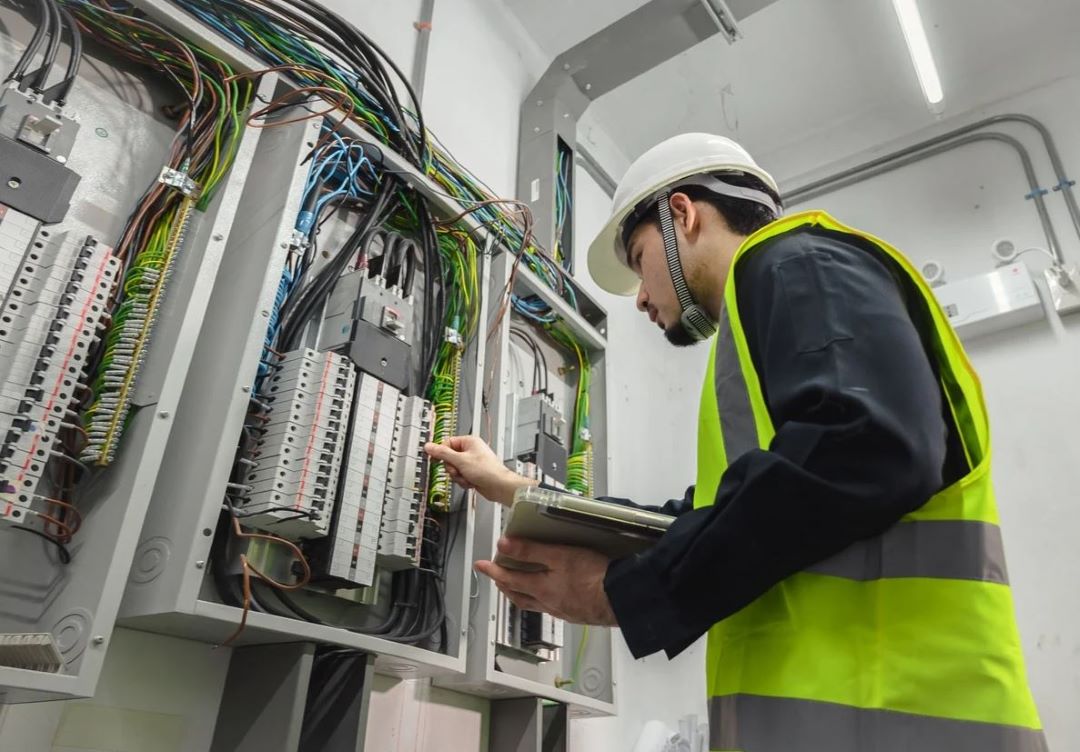
Commercial Electrical Inspection: Essential Safety Inspections for Your Business's Electrical Components
Just like homes, commercial buildings should also undergo regular electrical inspections. These inspections help businesses comply with safety regulations and standards set by regulatory authorities. They ensure that all electrical installations are safe for employees and customers, minimizing the risk of accidents and injuries. Moreover, they can help identify energy inefficiencies, saving costs in the long run.
For businesses, an electrical inspection is not only essential for safety and compliance but also contributes to the overall success and reputation of the organization. A business found to have numerous electrical violations or accidents can suffer from negative publicity, loss of customers, and even legal repercussions. Therefore, regular commercial electrical inspections are a must for any responsible business owner.
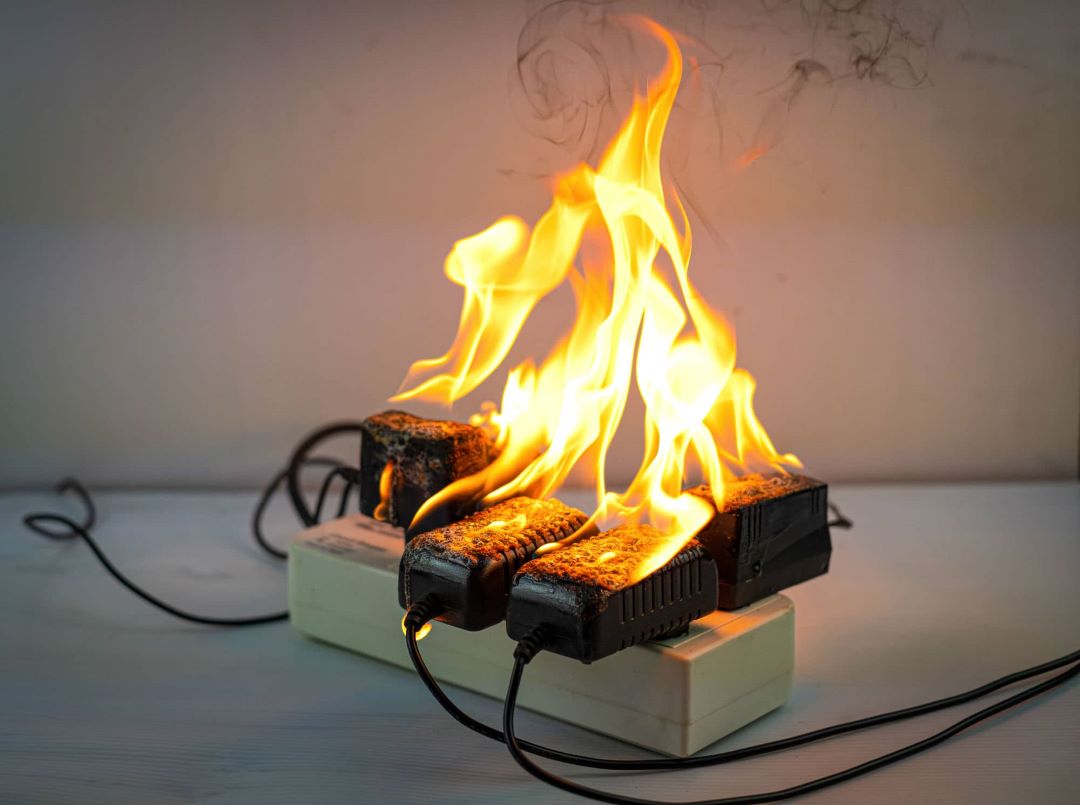
What are the Benefits of regular electrical inspections?
The benefits of regular electrical inspections include early detection of potential hazards, preventative maintenance, savings in electricity and a peace of mind.
By conducting regular electrical inspections, it allows for early identification of any potential hazards or issues, allowing for timely electrical repairs or replacements before they become a major safety concern.
Inspections can also help identify any wear and tear that may lead to future breakdowns. By addressing these issues early on, you can prevent costly repairs in the long run.
A well-maintained electrical system operates more efficiently, which can save you money on energy bills.
Knowing that your electrical system is in good condition and compliant with regulations can give you peace of mind and alleviate any concerns about safety or potential legal consequences.
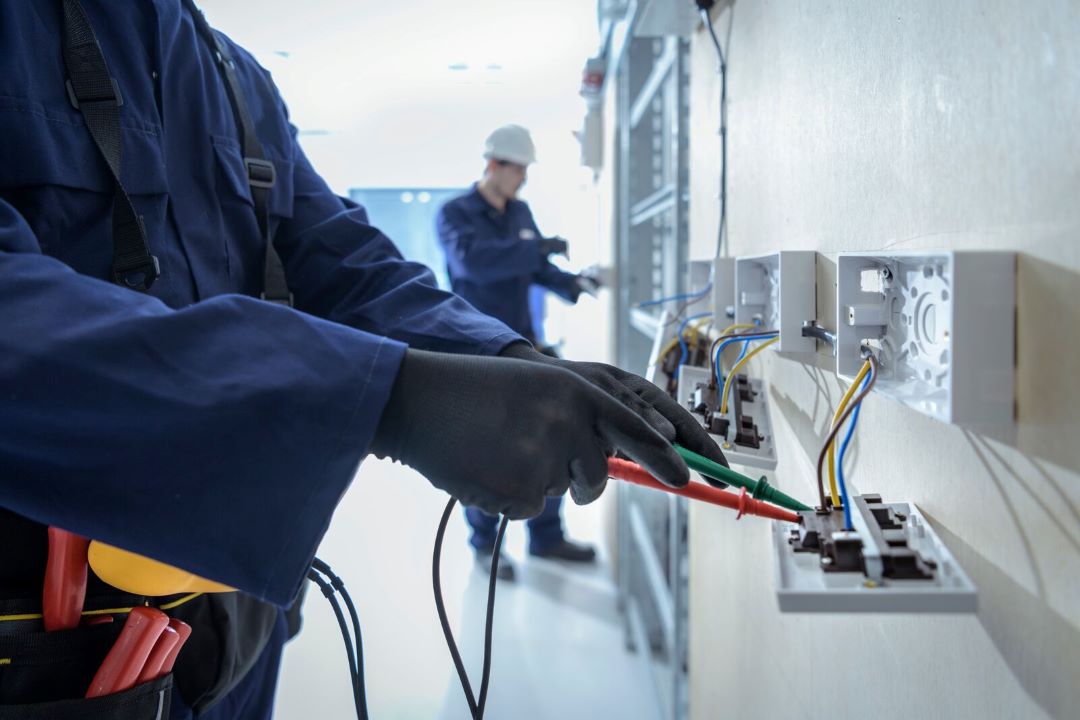
Electrical inspection and testing procedures by certified electrical inspector
Electrical inspections typically follow a standardized set of procedures to ensure thorough and consistent evaluations. These procedures can vary depending on the specific type of inspection being conducted, but commonly include the following steps:
- Visual inspection: This involves physically examining all components of the electrical system for any visible signs of damage or wear.
- Testing for voltage levels: Using specialized equipment, inspectors will test for proper voltage levels at various points of the system to ensure it is functioning correctly.
- Insulation resistance testing: This involves measuring the resistance of insulation materials, which helps determine if any components are deteriorating or in need of replacement.
- Earth fault loop impedance testing: This test evaluates the effectiveness of earth connections and ensures that the electrical system is properly grounded.
- Functional testing: This involves turning on and off various electrical components to ensure they are operating as intended.
- Load testing: Inspectors may also simulate different levels of load on the system to verify its capacity and identify any potential issues.
- Documentation review: Finally, inspectors will review documentation such as electrical diagrams and maintenance records to ensure compliance with regulations and identify any areas for improvement.
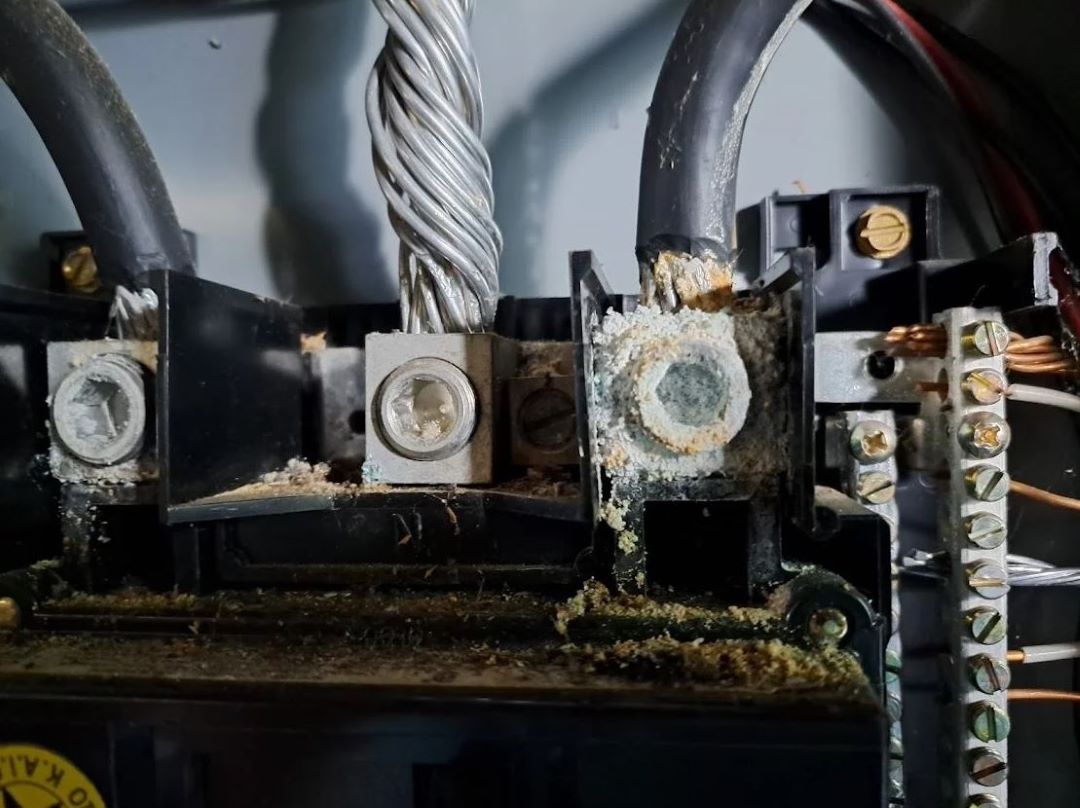
How to inspect electrical equipment?
To inspect electrical equipment, first ensure that the service panel is accessible and can be opened safely. Begin by examining the wires and wiring within the service panel for any signs of corrosion, wear, or improper connections.
Typically, an electrician or certified electrical contractor will start this process by checking for the appropriate number of circuits and ensuring all electrical boxes are properly secured.
It is crucial to verify that ground fault circuit interrupters (GFCIs) are installed in required areas to prevent fire hazards and enhance the property's overall safety.
Additionally, inspecting the electrical panel for any signs of overheating or irregularities is essential.
Reviewing the building permit and previous inspection records can also help identify any past issues or modifications that might need attention during the electrical safety inspection.
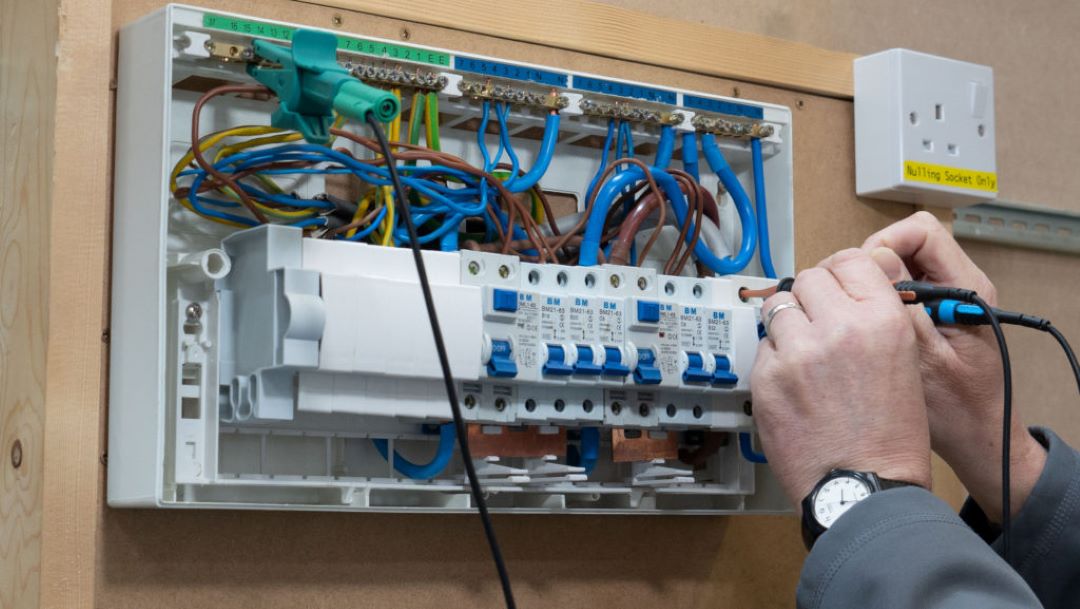
What is the difference between inspection and testing electrical?
Between inspection and testing electrical, the difference is fundamentally about the scope and intent of each process.
Inspection generally involves a visual examination and verification that the electrical system and its components are code compliant and safe, such as during a home inspection.
The electrical inspector assesses various aspects like the service panel, proper circuits, wiring, and the existence of dedicated circuits that are critical for essential appliances.
On the other hand, testing electrical systems typically involves more hands-on procedures performed by a qualified electrician or LEW (licensed electrical worker) from SP Group to measure and confirm the operational integrity and safety of the circuits under different conditions. What is a licensed electrical worker (LEW) in Singapore?
This can include testing for immediate attention areas like circuit continuity, voltage levels, and insulation resistance.
Electricians also perform functional testing and load testing to ensure that repaired electrical components are properly reintegrated into the property’s electrical system.
Both processes aim to uphold national electric code standards and often require electrical permits, especially for extensive electrical work.
Following a thorough inspection and testing, a final inspection is conducted to ensure all installations and repairs meet regulatory standards and maintain electrical safety.
How much does an electrical inspection cost?
An electrical inspection costs between S$100 and S$400. However, for larger properties or more complex electrical systems, this price may increase.
It's important to remember that investing in a thorough electrical inspection can help prevent electrical problems down the line, ensuring the safety and efficiency of your electrical components.
Ultimately, the peace of mind knowing that your home's electrical system is up to standard and safe for use is invaluable.
Don't wait until a problem arises - schedule for electrical services today and reap all the benefits that come with it. Remember, prevention is always better than cure when it comes to electrical systems! So stay safe and keep your property running smoothly with regular electrical inspections.
Contact Us For Electrical Inspection